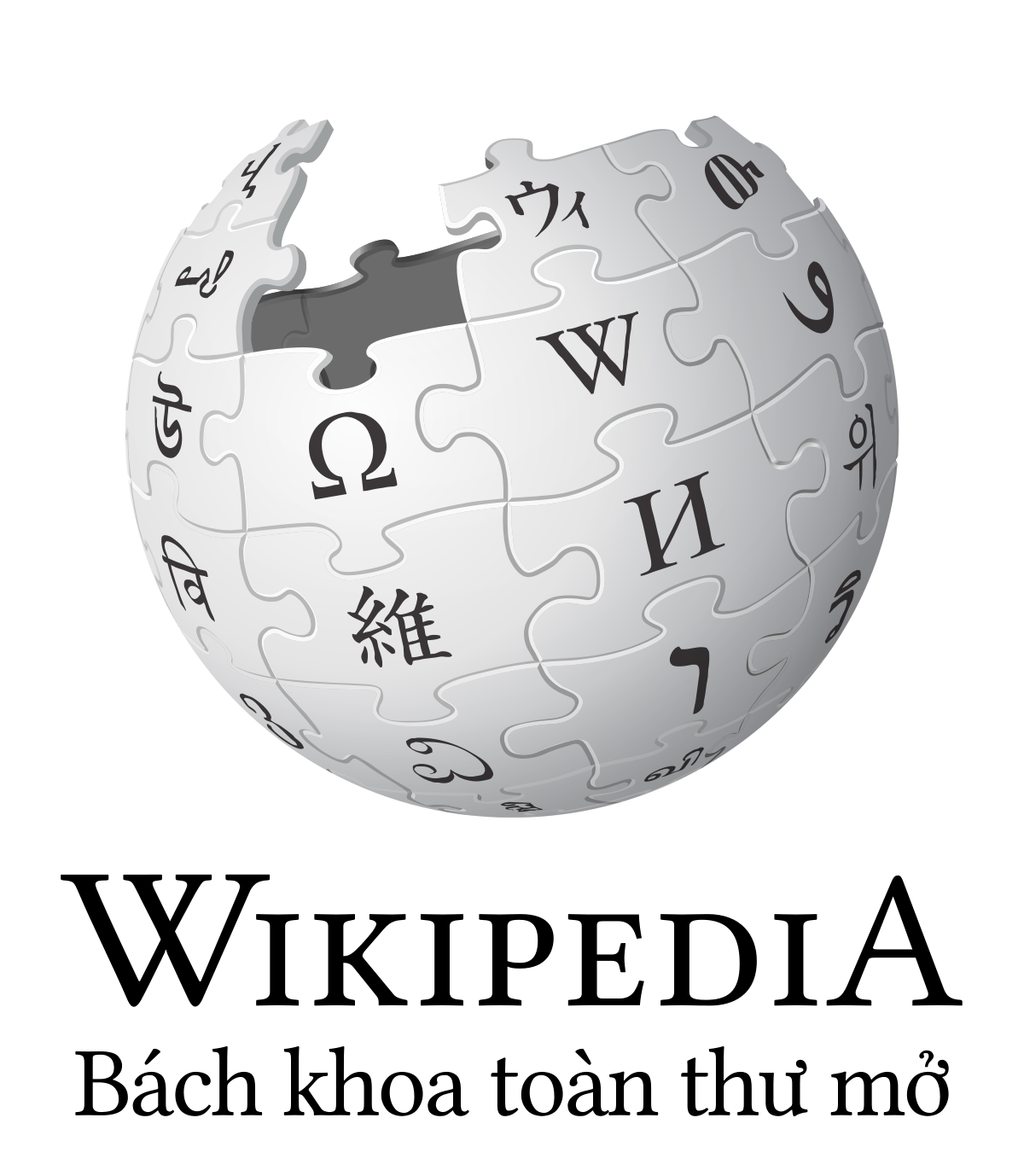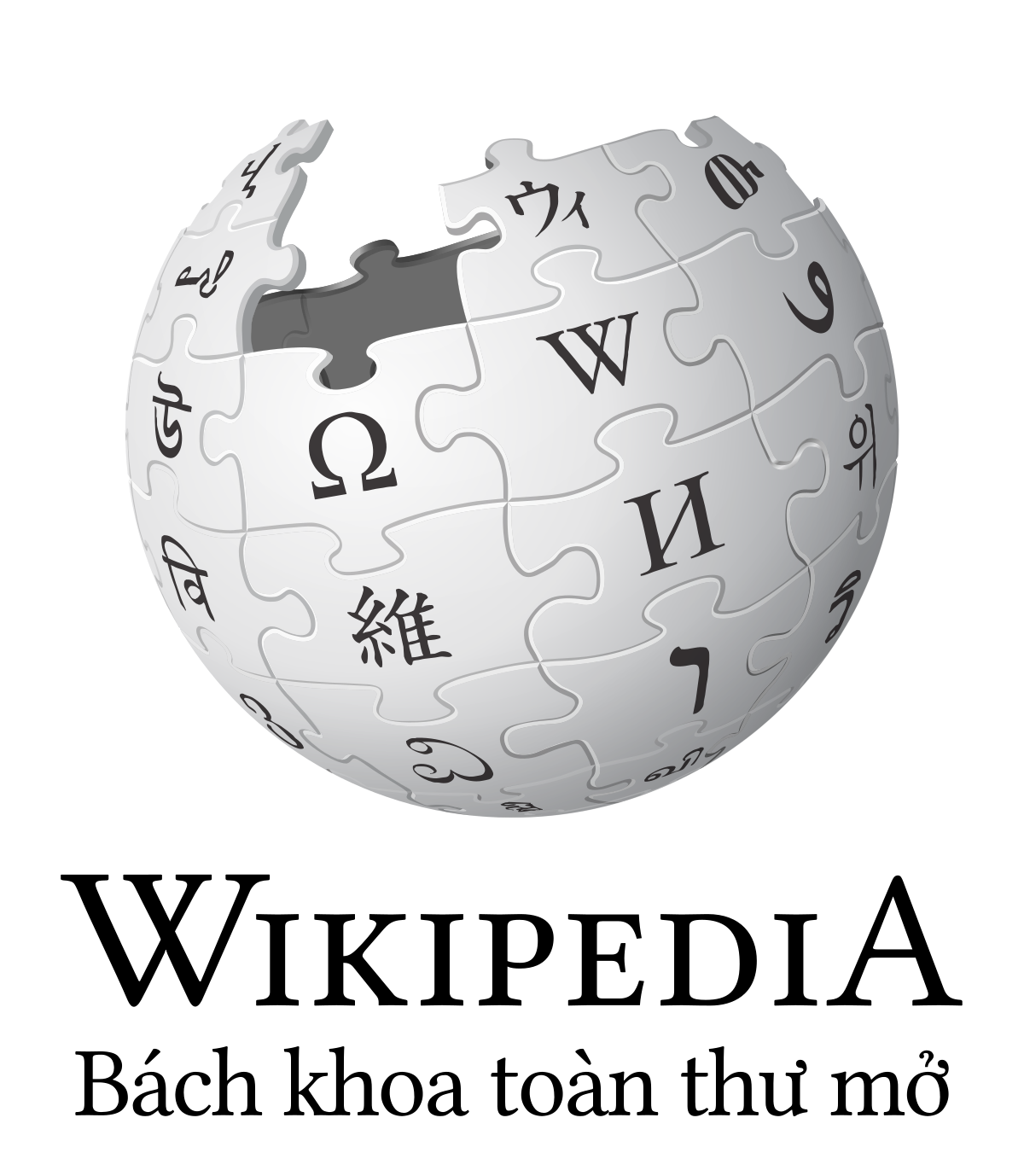In the last decade, education has evolved from chalkboards to touchscreens. But in 2025, the transformation goes far beyond digital tools — it’s about intelligent, personalized, and connected learning ecosystems. An Education app development company now stands at the forefront of this shift, creating solutions that empower students, educators, and institutions to thrive in an AI-driven world. As schools adopt immersive technologies and adaptive platforms, the boundaries of traditional learning continue to blur.
The Modern Learner and the Tech-Driven Classroom
Today’s learners expect flexibility, interactivity, and instant access to information. Educational apps are not just digital textbooks; they are dynamic ecosystems that deliver customized experiences. Leading Education app development companies are using artificial intelligence, machine learning, and analytics to build apps that understand user behavior, recommend content, and even track emotional engagement.
Take for instance AI-powered tutoring apps — they identify a student’s weak areas, adapt questions in real time, and provide feedback tailored to their pace. This data-centric personalization improves both learning outcomes and engagement.
Immersive Technologies: AR and VR in Education
The rise of augmented reality (AR) and virtual reality (VR) has redefined the classroom experience. From virtual science labs to immersive history lessons, AR/VR transforms complex concepts into interactive journeys. Top Education app development companies are leveraging AR frameworks like ARCore and ARKit to make abstract ideas tangible.
For example, a high school biology student can virtually explore the human heart in 3D, manipulating it layer by layer — all through a mobile app. This kind of experiential learning bridges the gap between theory and practice, enhancing retention and curiosity.
Data Analytics: Driving Smarter Learning Decisions
Behind every successful education app lies data — vast, real-time, actionable insights. Predictive analytics is enabling educators to forecast student performance, identify learning gaps, and even prevent dropouts.
An Education app development company integrates data analytics dashboards into learning platforms, helping administrators make informed decisions. This mirrors how a real estate app development company uses analytics to track market trends, predict property values, and enhance user experience. Both industries rely on predictive technology to stay ahead of user needs.
The Role of Gamification in Modern Learning
Gamification remains one of the most effective tools for motivation. Modern apps integrate badges, leaderboards, and interactive challenges to drive participation. When combined with adaptive AI algorithms, gamification creates a sense of progression that keeps users hooked.
By introducing “learn-to-earn” models and micro-certification systems, Education app development companies are making learning more rewarding — both emotionally and professionally.
Blockchain for Credential Verification
Blockchain has emerged as a critical innovation in the education sector. It allows secure, tamper-proof credential verification and easy cross-border recognition of academic achievements. This ensures transparency and credibility, reducing fraudulent certifications.
Just as a real estate app development company uses blockchain for property ownership verification, education platforms are adopting it for digital diplomas, skill badges, and academic transcripts.
Cloud and Mobile Accessibility: The Foundation of EdTech Scalability
Cloud technology underpins modern educational infrastructure. Whether it’s hosting massive open online courses (MOOCs) or managing institutional data, cloud-native apps ensure reliability and scalability. A robust Education app development company leverages multi-cloud architecture to deliver low-latency, globally accessible platforms.
With 5G connectivity expanding rapidly in 2025, students in remote areas can now access high-quality video lectures and real-time collaboration tools without disruption.
Integrating AI Tutors and Virtual Assistants
AI-driven tutors and chatbots are reshaping the way learners interact with educational platforms. They offer 24/7 support, answer queries, and even provide emotional nudges for motivation. This virtual mentorship ensures that learning continues beyond classroom hours.
These virtual assistants, designed by an expert Education app development company, are trained with natural language processing (NLP) to understand nuanced queries and deliver human-like responses.
Cross-Industry Inspiration: What Education Can Learn from Real Estate Apps
Surprisingly, there’s a lot the education sector can borrow from real estate technology. A real estate app development company focuses heavily on user interface simplicity, real-time updates, and location-based intelligence — principles equally applicable to education apps.
For instance, geolocation-based learning recommendations or interactive campus maps can enhance user engagement. Likewise, the use of virtual tours in real estate can inspire virtual campus visits or lab simulations in education.
The Future of Education App Development: Hybrid Intelligence and Ethical AI
As AI becomes more pervasive, ethical concerns around data privacy and algorithmic bias are gaining importance. The Education app development company of the future must balance innovation with responsibility. By implementing transparent AI models and consent-based data collection, developers can ensure equitable and safe learning environments.
Conclusion: Building the Learning Ecosystems of Tomorrow
Education in 2025 is no longer confined to classrooms — it’s a connected, personalized, and intelligent experience powered by technology. A forward-thinking Education app development company is not merely a tech provider; it’s a partner in shaping the next generation of global citizens.
And as parallels emerge between EdTech and PropTech, the collaboration between an Education app development company and a real estate app development company might unlock new paradigms of smart campuses, immersive learning environments, and intelligent space design.
The future of learning is already here — and it’s coded in innovation.



